Astrological Significance of Ramadan
(Moon Sign Based)
Ramadan, the Holy month of fasting, introspection and self-control, is celebrated worldwide by the Muslims each year. Ending with the grand celebration of Eid, this festival teaches empathy, charity and soul cleansing. Find out everything you want to know about Ramadan below.
When is Ramadan in India?
The holy month of Ramadan will begin on the evening of 12th April, 2021 (Monday) and will end on 12th May, 2021 (Wednesday).The final evening of the holy month of Ramadan is the celebration of Eid ul-Fitr, when this month long fasting is concluded with a traditional feast.
Vedic Astrology predictions are so accurate because calculations are based on Moon Sign, which can be determined only with exact birth details. If you don’t know your Moon Sign, FIND OUT INSTANTLY by filling in the form below.
What is Ramadan?
Ramadan also known as “Fasting month” is observed by all Muslims worldwide and celebrated during the ninth month of Islamic lunar calendar year. The meaning of Ramadan has its origin in the Arabic word –“Ramida “or “Ar-Ramad” meaning sun-baked earth or scorching heat and parched thirst when the temperatures are high in that part of the world. During this period Muslim people observe fast from sunrise to sunset to honour Mohammad and acquire self control, discipline and focus on self-reticence.
History of Ramadan-
According to the Islamic belief, it is believed that the first verse of the “Quran” was revealed to Prophet Muhammad on the night of "Laylatul-Qadr" as he meditated in a cave outside the Holy city of Mecca. The month is meant to commemorate the first revelation which was sent down on Laylatul-Qadr also referred to as [The night of Power]
Some rules and regulations are observed during this Holy Month. The festival of Ramadan is the celebration of self-control. It not only allows you to purify your soul, but helps you to lead a healthy life and attain good physical vitality. Fasting is necessary as a Muslim and you are expected not to eat or drink from sunrise to sunset. While observing Ramadan and practicing self-restraint, it is also a test of getting rid of bad habits like alcohol, smoking, back biting, lying, gossiping and all forms of wrong behaviour. On account of this festival, you get to spend time with the less privileged ones and understand their sufferings. So everyone is encouraged to fast, holding faith and devotion which will not only enhance them with kindness and generosity towards humanity but also cleanse their body and soul simultaneously.
As the Islamic holy month of Ramadan proceeds towards its end, it is acknowledged by donating charity to the less privileged individuals is known as Zakat Al-Fitr [The month of rewards]. The act of benevolence eliminates greed from the hearts of those who believe in Ramadan. During this month, Muslims prefer giving "Zakat" as rewards to their younger ones in their family or employees for practicing their good deeds.
Muslims observe fast from sunrise to sunset for the whole day but at the time of "Iftar", the family dinner, where every family member sits down together and breaks their fast which makes this occasion very special for everyone. During Iftar [the month of feast] the bonding of relations among the family members grows stronger with each passing day the month.
Muslims offer Namaz or prayers at least five times a day during this holy month of Ramadan and people are reminded of this Namaz by the daily calls for prayer time known as Azaan: A prayer to Allah, at the prescribed time of the day by their priest (Imam) or muezzin. Everybody is required to wash their hands, feet, arms and legs before offering Namaz and this act is known as Wudu or ablution [Washing ] which is necessary for everyone to perform, before offering prayers to Allah.
During the month of Ramadan, Suhur or Sehri [morning meal] is eaten before the Fajr prayer which is equivalent to [evening meal] of Iftar.
According to ancient records, the religion of Islam is based on Five Pillars as follows:
- There is no god but God (Allah) and Messenger of Allah, is Muhammad
- Saleh [Prayer]
- Zakat [Alms and Charity]
- Hajj [Pilgrimage] and
- Sawm [Fasting in Ramadan]
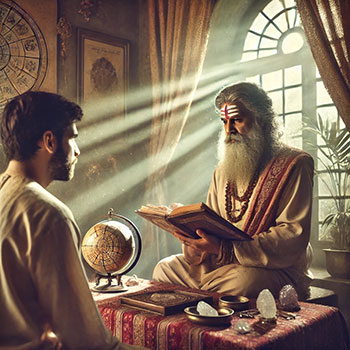
Detailed Indepth Horoscope Reading
A horoscope drawn as per the time, date & place of your birth to unravel the mysteries of your life. more
2026 Horoscope Reports
Translate
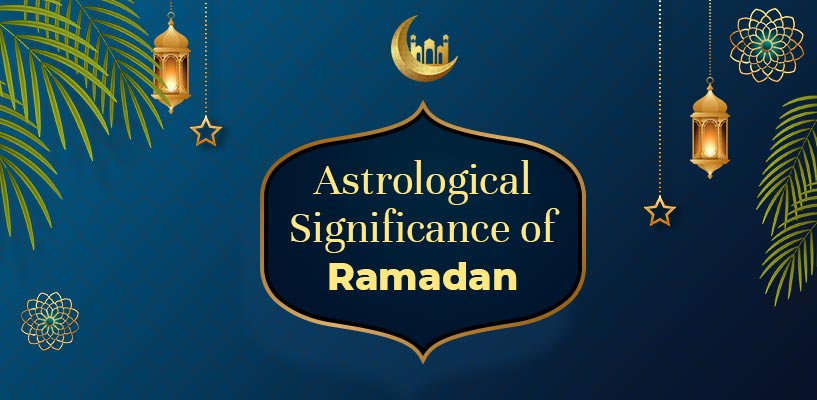
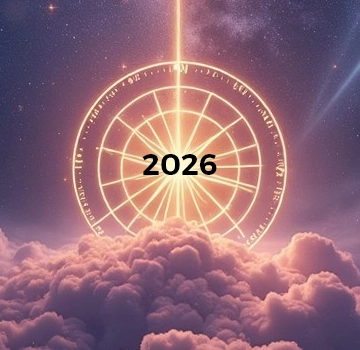
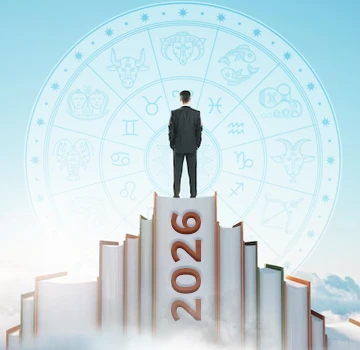

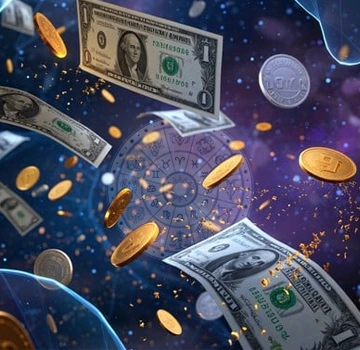
 Namkaran Is the Hindu Naming Ceremony of a Newborn child
Namkaran Is the Hindu Naming Ceremony of a Newborn child
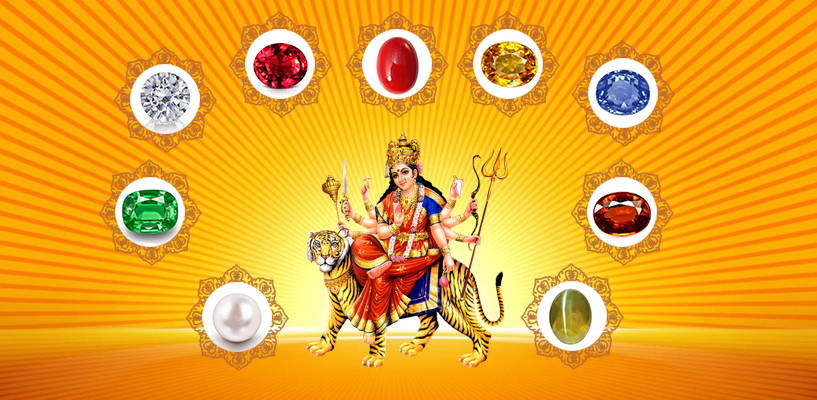 The Auspicious Nine Gemstones For the Divine Nine Deities of Navratri
The Auspicious Nine Gemstones For the Divine Nine Deities of Navratri
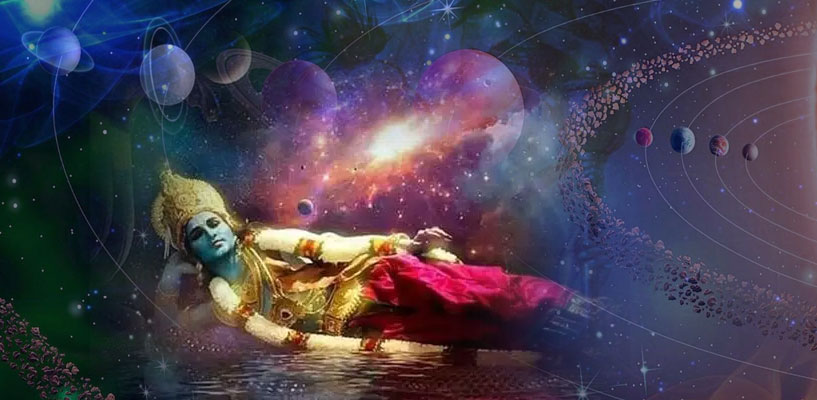 Adhik Maas - Spiritually The Most Powerful and Religious Month!
Adhik Maas - Spiritually The Most Powerful and Religious Month!
 The Hindu Almanac as your wrist Watch
The Hindu Almanac as your wrist Watch
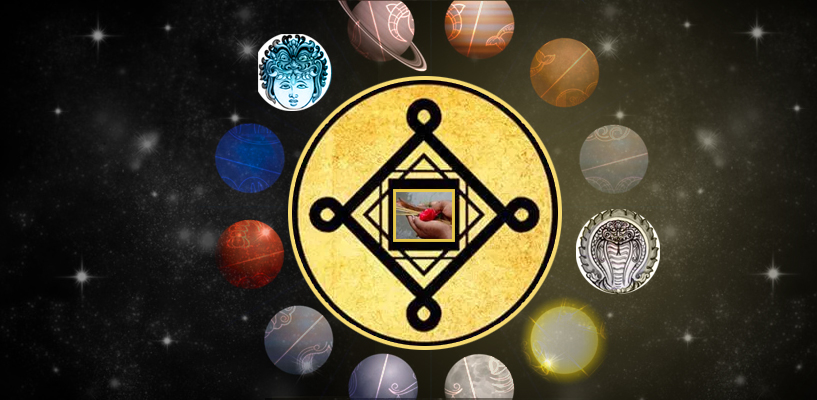 Role of Rahu And Ketu In The Pitra Dosha In Your Horoscope
Role of Rahu And Ketu In The Pitra Dosha In Your Horoscope
